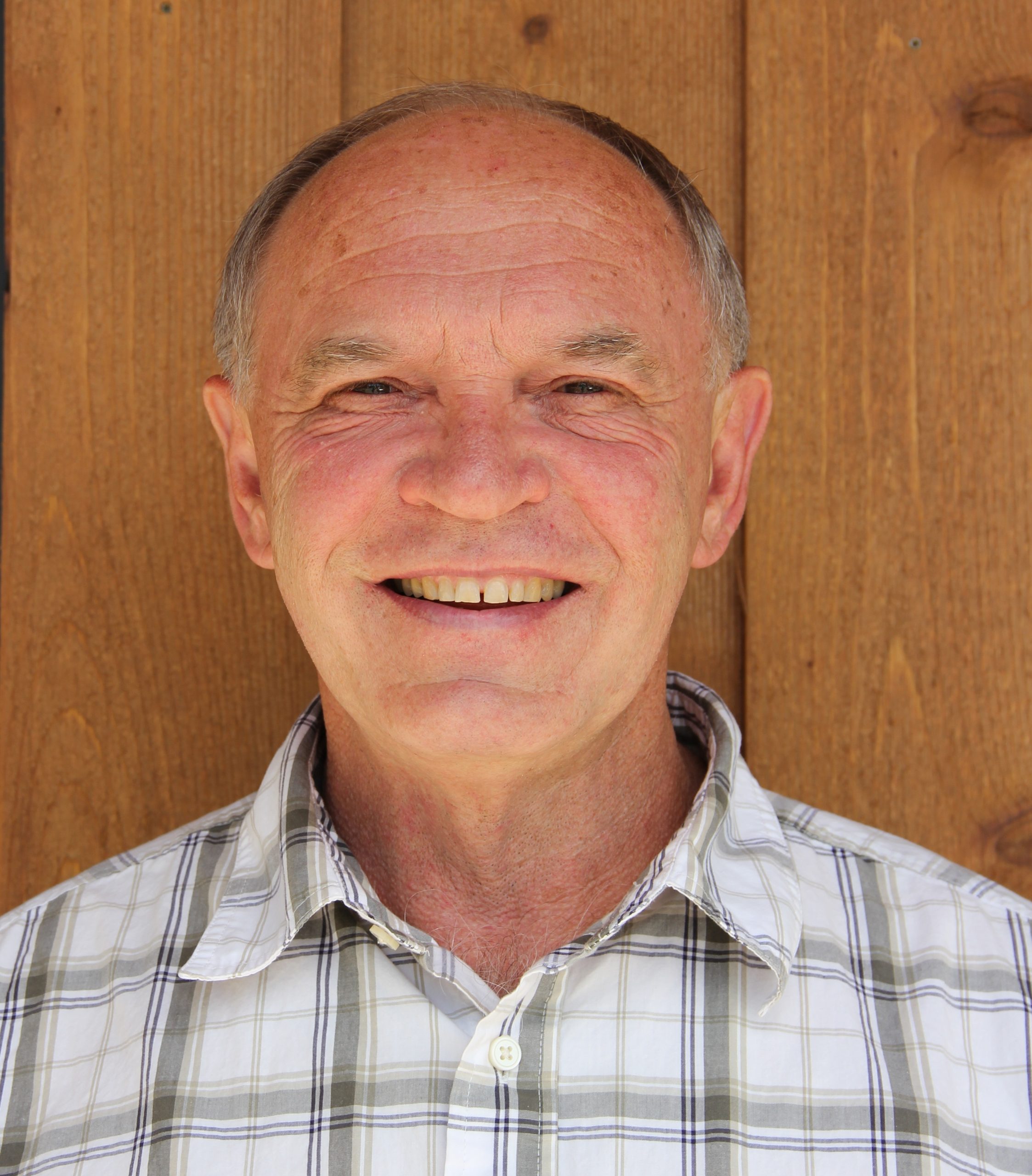Aldo Leopold, one of the founding fathers of the modern environmental movement, advocated the importance of a “land ethic.” In his well-known book A Sand County Almanac, Leopold writes that a land ethic “reflects the existence of an ecological conscience, and this in turn reflects a conviction of individual responsibility for the health of land.” Since the publication of his book in 1949, the notion of an “ecological conscience” has become ingrained in the minds of all of us who call ourselves conservationists.
A land ethic is one reason why so many private landowners incorporate stewardship into their land management decisions—and generate many public environmental benefits as a result. Here in southwest Montana, ranches such as the Granger Ranch manage their streams in ways that improve water quality, increase fish populations, and provide riparian habitat for wildlife. The Flying D Ranch, owned by Ted Turner, is home to thousands of bison which supply meat for restaurants, but the ranch also supports a vibrant elk population and a healthy stream for the native Westslope cutthroat trout. On the other side of the globe, Jake Grieves-Cook, an entrepreneur in Kenya, contracts with Maasai cattle herders to provide more wildlife habitat. Stories such as these are the focus of PERC’s research initiative on “private conservation in the public interest.”
“Conservation will ultimately boil down to rewarding the private landowner who conserves the public interest” – Aldo Leopold
But Aldo Leopold was no “Pollyanna” when it came to encouraging landowners to invest in conservation. He understood the importance of balancing the needs of resource managers to earn a return on their assets while staying true to a land ethic. To Leopold, creating this balance required understanding “Conservation Economics,” the title of one of his many essays. “Conservation will ultimately boil down to rewarding the private landowner who conserves the public interest,” he wrote. As Leopold saw it, “Incentives are more promising than penalties.”
For the most part, Leopold was not sanguine about the potential for political solutions to encourage conservation. “We tried to get conservation by buying land, by subsidizing desirable changes in land use, and by passing restrictive laws,” he wrote. “The last method largely failed; the other two have produced some small examples of success.”
Writing at a time when wildlife populations had been decimated, he asked, “Does anyone still believe that restrictive game laws alone will halt the wave of destruction which sweeps majestically across the continent, regardless of closed seasons, paper refuges, bird-books-for-school-children, game farms, Izaak Walton Leagues, Audubon Societies, or other feeble palliatives which we protectionists and sportsmen, jointly or separately, have so far erected as barriers in its pay?” His solution was to “build a mechanism whereby the sportsmen and the Ammunition Industry could contribute financially to the solution of the problem, without dictating the answer themselves.”
Finding ways to compensate landowners for their conservation efforts is at the heart of free market environmentalism, which holds that property rights and markets provide an avenue for rewarding private landowners who conserve the public interest. In addition to developing a land ethic and educating landowners about the value of wildlife conservation, Leopold advocated “marketing the surplus [of wildlife] by sale of shooting privileges to sportsmen.” While criticizing profit seekers that put development above conservation, he did not favor “rejecting any and all economic tools for [wildlife] restoration, on the grounds that such tools are impure and unholy.”
Whether it’s bird hunters renting prairie potholes to provide duck habitat, fishermen leasing instream flows for salmon habitat, or environmental groups compensating livestock owners for wolf depredation, free market environmentalism, like Leopold, recognizes that incentives matter and focuses on contracting with private landowners to provide environmental amenities. These private conservation efforts often produce public benefits that extend far beyond property boundaries, resulting in what we at PERC call “private conservation in the public interest.”
Once private landowners provide public environmental benefits, however, some groups demand that they must continue to do so without compensation. Some even call for laws that would force landowners to produce public goods, or provide public access to their private land. But these efforts can undermine the very conservation efforts the public seeks to encourage. For instance, declaring that streams restored by riparian landowners must be open to free recreation, as Montana has done, can stifle private conservation. Penalizing landowners who provide habitat for threatened or endangered species by imposing land-use restrictions can discourage the private provision of wildlife habitat. Requiring landowners to allow public hunting access can make property owners less likely to manage their land in ways that benefit wildlife.
Rather than calling for policies that force private landowners to produce public goods, we follow the lead of Aldo Leopold by reinforcing a land ethic that rewards landowners who engage in private conservation. In the pages that follow, we offer several examples of the public environmental benefits produced by private conservation based on property rights and markets, and we encourage conservationists to find other ways, as Leopold did, of “rewarding the private landowner who conserves the public interest.”




